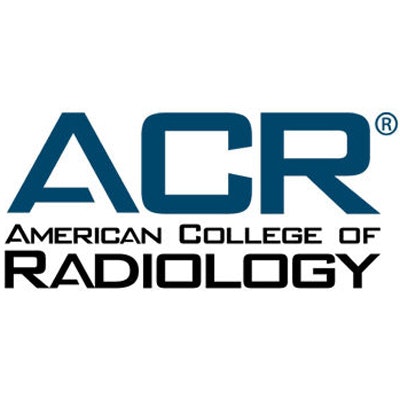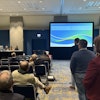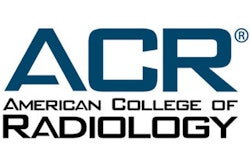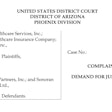
The American College of Radiology (ACR) and two other associations are seeking summary judgment in federal court for their lawsuit against the U.S. Department of Health and Human Services (HHS) over its interim final rule (IFR) for the No Surprises Act.
The ACR, the American College of Emergency Physicians and the American Society of Anesthesiologists jointly argue that the IFR turned the reforms of the No Surprises Act "upside down" and transformed the act into "a giveaway for private insurers." The associations asked the federal court to find the administration's IFR "unlawful" because it is "arbitrary, capricious, an abuse of discretion, or otherwise not in accordance with law;" "without observance of procedure required by law;" and "in excess of statutory jurisdiction, authority, or limitations, or short of statutory right."
The No Surprises Act gives patients financial protection against surprise medical bills and prohibits balance billing for certain out-of-network services or care. An independent dispute resolution entity is also required to consider six factors when determining the payment amount for out-of-network bills, the ACR said.
However, the associations said in their motion that the administration set one factor -- the insurer's in-network rate -- as presumptive in favor of insurers' in-network rates.
"The IFR's presumption in favor of insurers' in-network rates will empower private health insurers to drive down payment, imperiling physicians and their patients' access to care," the associations wrote.
Insurers are using the federal rule to narrow provider networks, denying patients access to their chosen providers and inflating already record profits, said ACR Board of Chancellors Chair Dr. Howard Fleishon in a statement.
"Rural and underserved communities may be hit hardest by this overreach that can result in longer wait times for care, delayed diagnosis, and higher out-of-pocket costs to treat more advanced conditions," said Fleishon. "The court can stop this now by granting our motion for summary judgment."
The associations said that neither the lawsuit nor the filing for summary judgment would impact patient protections in the new law or increase patient healthcare costs.



















